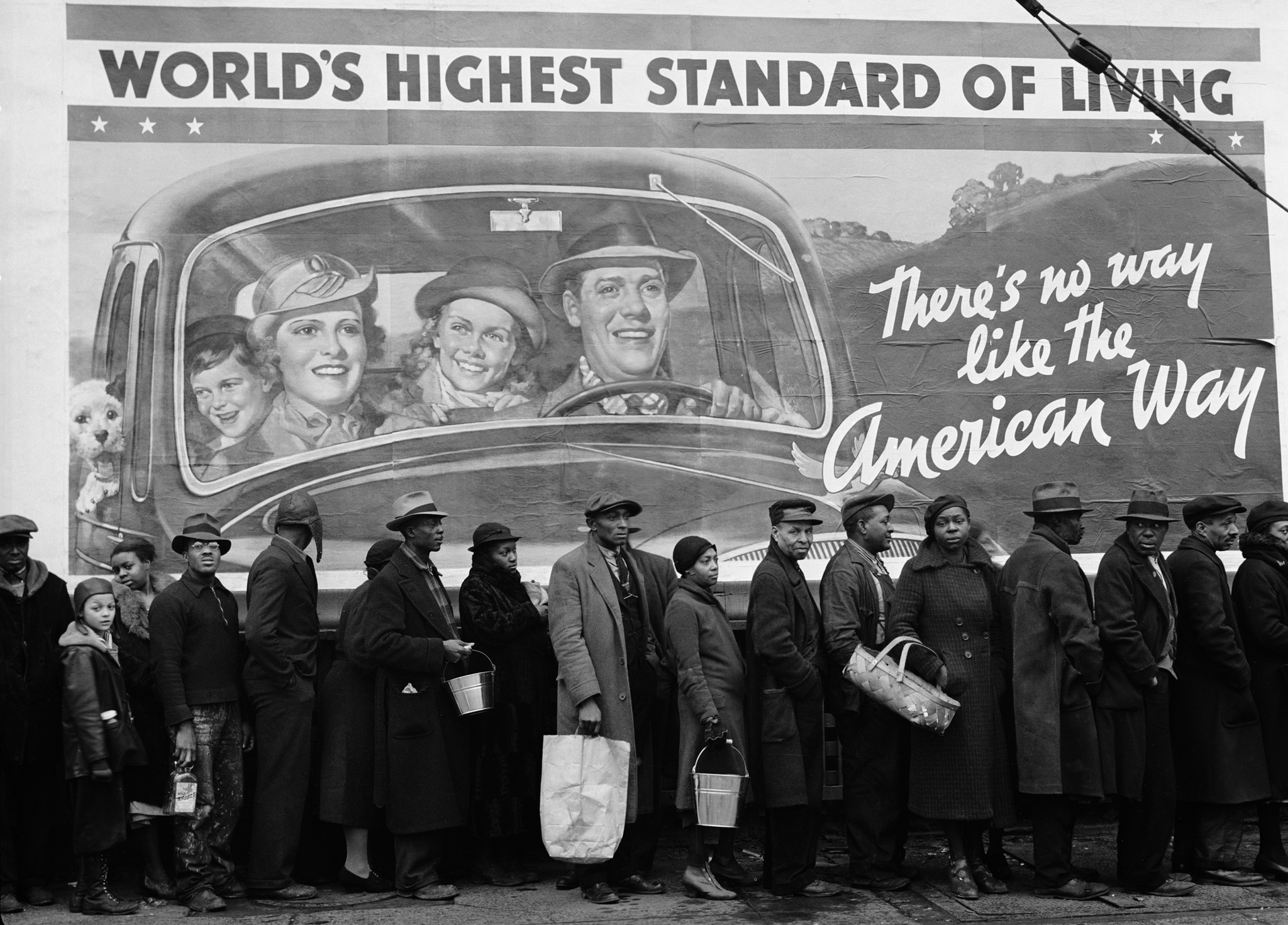People who were there, who witnessed or experienced the thing happening. Documents that provide proof (a video, an email, police report, etc.)
Primary source(s)
When a journalist knows someone involved with a story
Conflict of interest
This term comes from when a journalist betrays their source i.e. publishing their relationship to a story even if they were on deep background
Burning a source
Journalists first responsibility is to this
Truth
This person worked as a journalist for The New Republic from 1995 to 1998, until it was revealed that many of his published articles were fabrications
Stephen Glass
These are the 5 W's and H of the journalism world
Who, what, where, when, why, how
In all journalistic writing other than opinion, all writing should be this
Neutral
The publication of a false statement that deliberately or carelessly damages someone’s reputation
Libel
The suppression of words, images, or ideas that someone outside of the publication finds offensive, inappropriate, or inaccurate
Censorship
This man was a goldsmith and inventor from Germany, who created the first working printing press. In 1452, he created the first printed text, which was a Bible.
Johannes Gutenberg
This sources says reporter can use information but cannot identify source by name - can identify by job, connection, to story, etc.
On background
This is the set of guidelines that journalists follow when writing
AP Style
Using word phrases, sentences, paragraphs, etc. from the writing of others without making it clear that you are using another’s writing or ideas
Plagiarism
As a result of this court case, school administration can censor school-sponsored content that will cause disruption of school activities, invade the rights of others, and falls into areas of unprotected speech
Tinker v. Des Moines (1969)
This photojournalist is known as the best of all time, documenting WWII, Soviet Russia, and more 
Margaret Bourke-White
This type of question is when your presenting the opposite stance to elicit a response from a source
Devil's Advocate
The margin of error (in percentage) that journalists aim for
5%
This member of a newsroom looks at your writing to ensure an objective perspective, original reporting, and makes sure all journalistic rules are applied
Editor
Occurs when someone not on the publication/media staff requires pre-distribution changes to or removal of student media content
Prior restraint
This person was one of the earliest American photographers, known for his photos of Civil War battlefields and portraits of politicians, as well showing the ravages of war for the first time to the general public
Mathew Brady
This type of lede could read like "The Cubs head coach, Loser McLosersen is out of there - the 60 year veteran announced his retirement on Monday afternoon."
Wordplay
This type of reporting is when journalists take videos, photos, etc. from non-journalists and use the information in their reporting/story
Crowdsourcing reporting
Journalists have to worry about libel, not these verbal defamatory statements
Slander
The first amendment guarantees these three rights
Freedom of speech, religion, and assembly
American broadcast journalist who served as anchorman for the CBS Evening News for 19 years. During the 1960s and 1970s, he was often cited as "the most trusted man in America," covering everything from the moon landing to JFK's assassination
Walter Cronkite